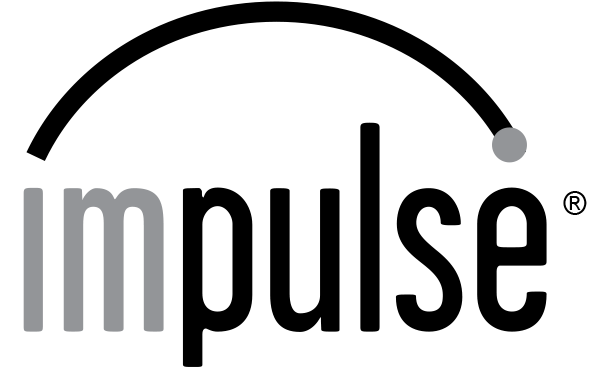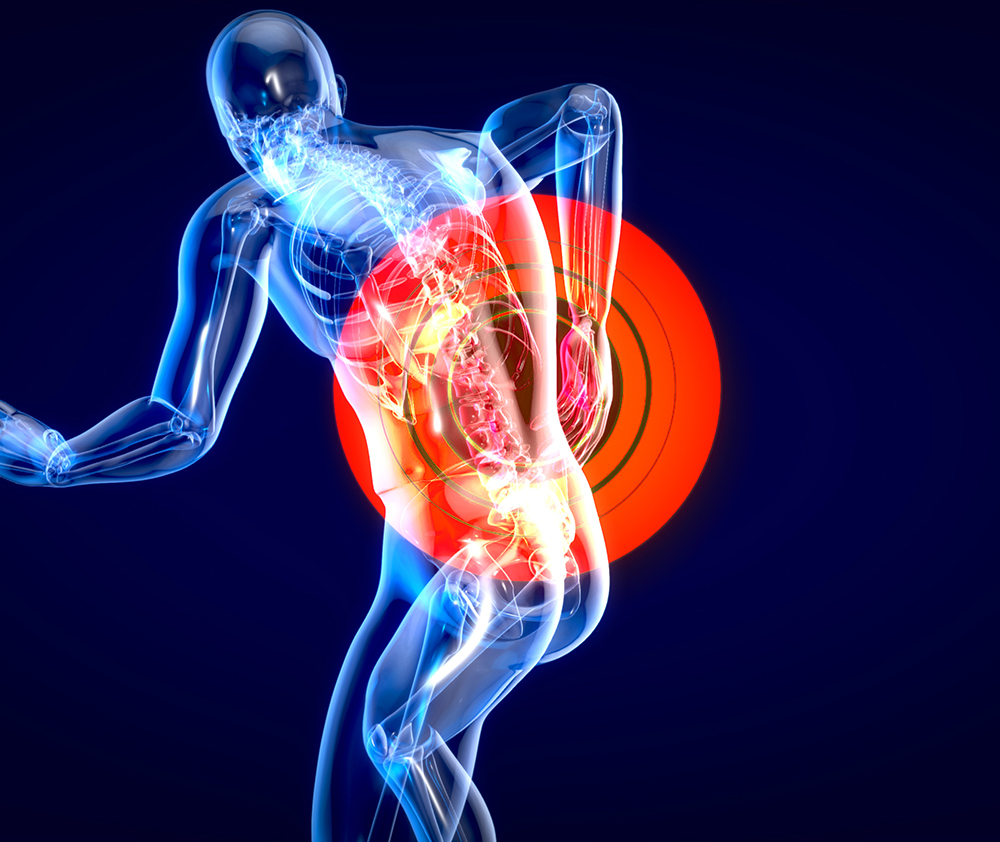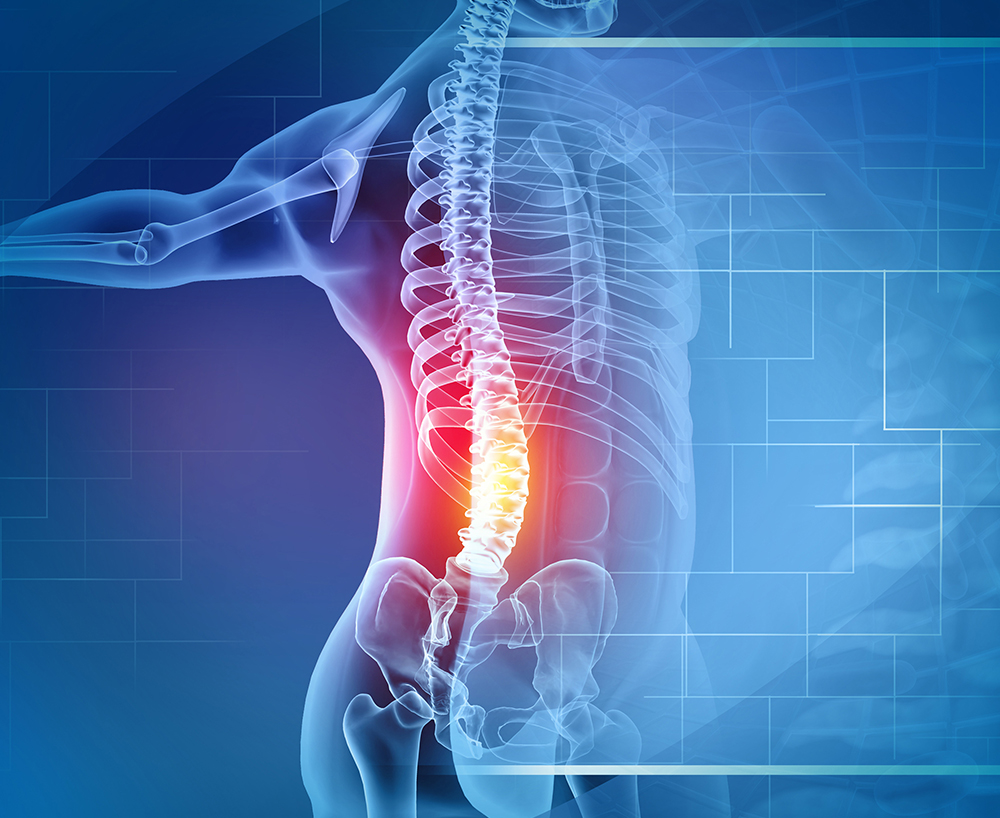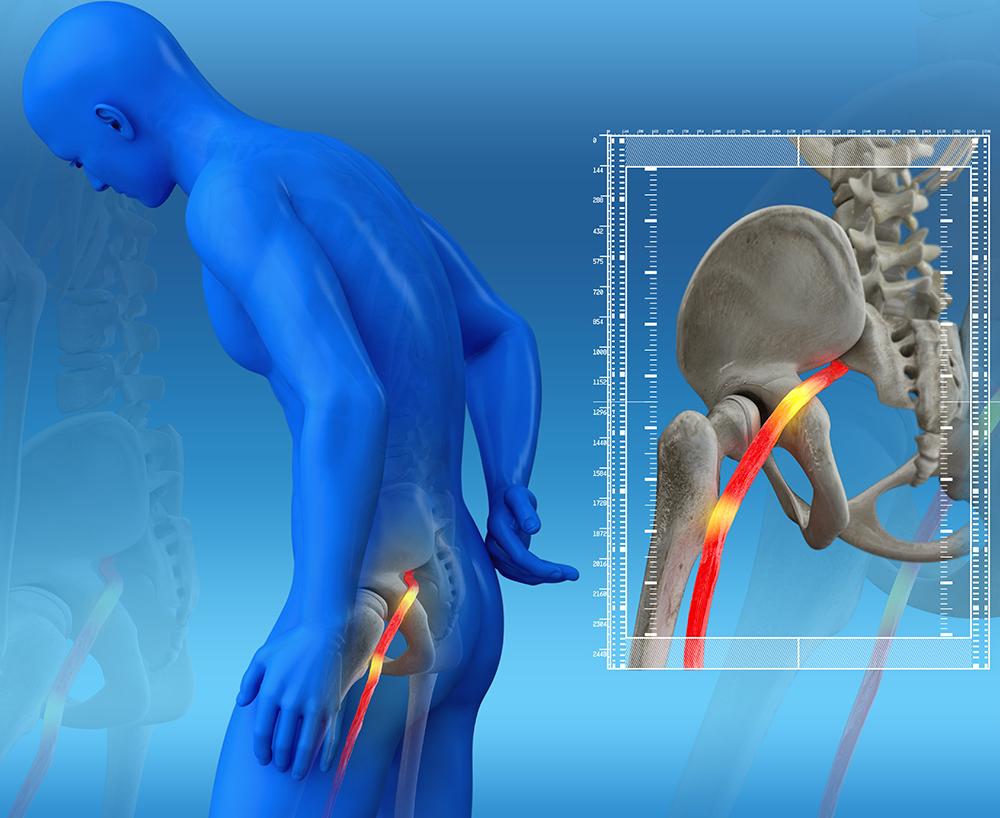Lower Back, Sciatic Nerve
Lower back pain is a common condition that can be caused by various factors, such as muscle strains, herniated discs, spinal stenosis, or degenerative disc disease. Sciatica, on the other hand, refers to the pain that radiates along the sciatic nerve, which extends from the lower back through the hips and buttocks down to each leg.
Lower Back Pain
Neuromechanical Impulse Practitioners have specialized training in the diagnosis, treatment, and prevention of disorders of the musculoskeletal system, particularly the spine and lower back. With a primary focus on the relationship between the spine and the nervous system and use Neuromechanical Impulse Therapy instead of Chiropractic Manual Adjustments to promote healing and restore proper alignment of the spine. Below are some common lower back conditions.
Common Lower Back Pain Conditions
Muscle Strain & Sprains:
Overuse, poor posture, or sudden movements can strain the muscles and ligaments in the lower back and spine, leading to pain and discomfort.
Spondylolisthesis:
It happens when a vertebra slips out of its normal position and onto the vertebra below it. This can result in neck or back pain, muscle tightness, and nerve compression symptoms.
Facet Joint Dysfunction:
The facet joints connect the vertebrae in the spine and can become inflamed or irritated, leading to lower back pain and limited mobility. Neuromechanical Impulse Treatment can help restore proper movement and alleviate discomfort.
Herniated Disc:
Also known as a slipped or ruptured disc, this occurs when the soft, jelly-like center of a spinal disc pushes through a crack in the tough outer layer. It can cause localized pain and radiating pain, numbness, or tingling sensations in the neck, arms, or back.
Sciatica (Sciatic Nerve)
Sciatica refers to pain that radiates along the sciatic nerve, typically caused by compression or irritation of the nerve roots in the lower back. Neuromechanical Impulse Therapy can help relieve sciatic pain and restore alignment and vitality..
Spinal Stenosis:
This condition occurs when the spaces within the spine narrow, compressing the spinal cord and nerves. It commonly affects the neck and can cause neck pain, weakness, numbness, or tingling in the arms or legs.
Degenerative Disc Disease:
This condition involves the gradual wear and tear of the spinal discs, leading to disc thinning, loss of cushioning, and potential bone-on-bone contact. It can result in neck pain and stiffness.
Osteoarthritis:
This degenerative joint disease can affect the joints in the neck, leading to neck pain, stiffness, and reduced mobility.
Sciatica (Siatic Nerve Pain)
Sciatica refers to the pain that radiates along the path of the sciatic nerve, which runs from the lower back, through the hips and buttocks, and down each leg. It is often caused by a herniated or slipped disc in the spine, which puts pressure on the nerve roots that form the sciatic nerve. Other causes can include spinal stenosis, spondylolisthesis, muscle imbalances, or trauma.
Neuromechanical Impulse treats over 85 conditions.
It's important to note the website provides just a few examples. There many are other conditions that effect the nerves, muscles, tendons, and joints from head to toe in addition to severe spine and neck pain. If you're experiencing persistent or acute pain, it's always recommended to consult with a Neuromechanical Impulse healthcare professional for an accurate diagnosis and appropriate treatment options.
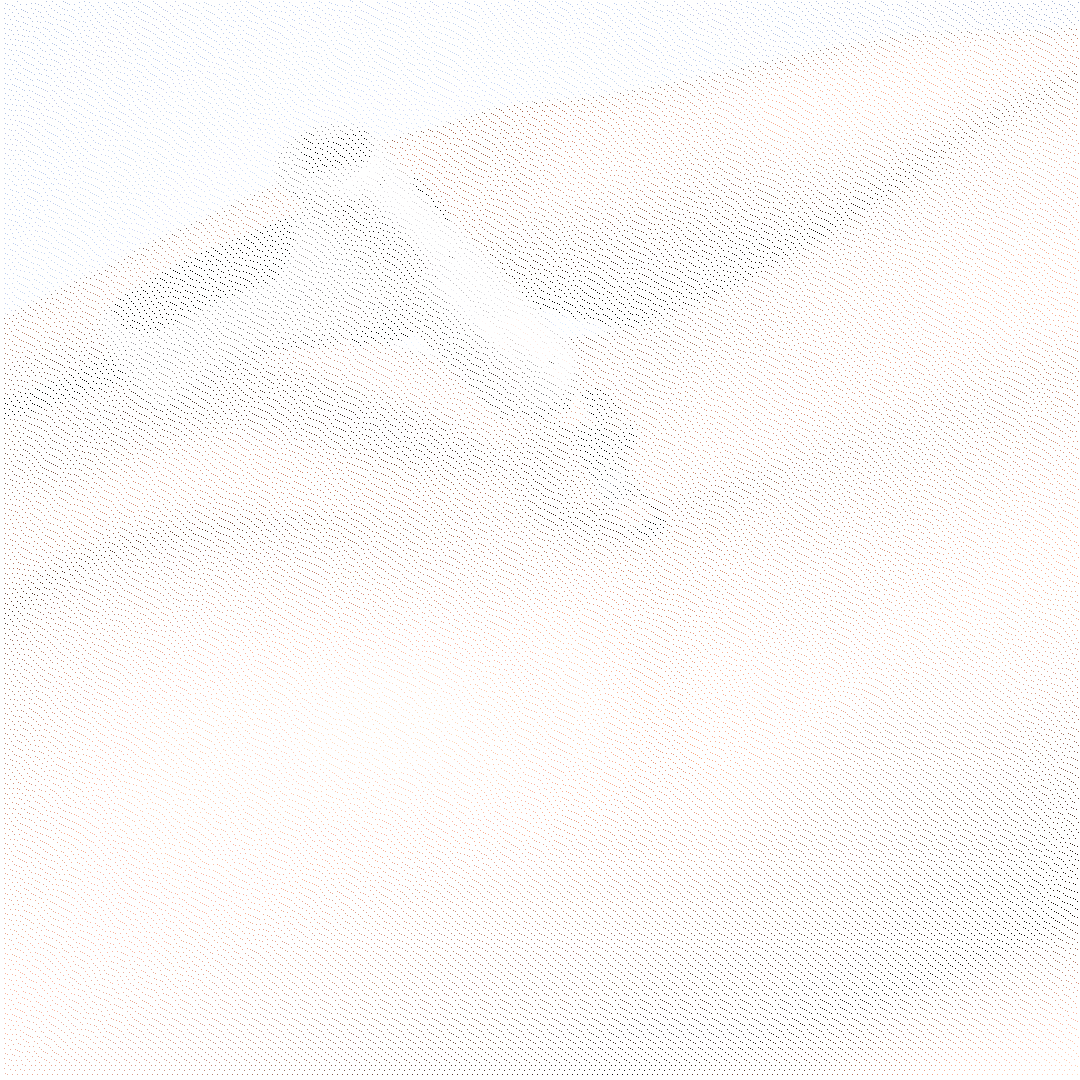
In Conclusion
Neuromechanical Treatment gets to the root cause of symptom expression and relieves pain by addressing the cause rather than masking the symptom.
Who Treats Lower Back, Sciatic Nerve Conditions
Primary Care Doctors
Rheumatology Doctors
Neurosurgery Doctors
Doctors of Neurosurgery see patients referred to them for surgery. This group of doctors use advanced methods to determine the necessity of surgery. They often refer patients to other specialists if a positive outcome is likely without surgery.
Orthopedic Doctors
A growing number of Orthopedic Doctors use Neuromechanical Impulse treatment in functional practice. It is often more difficult to obtain an appointment directly without a referral from your primary care physician. Your primary care physician may not know which Orthopedic offices offer these services.
Osteopathic Doctors
Chiropractic Doctors
Narrowly focused training in systemic nervous systems, tendon/ligament, mechanical joint movement and conditions of the spine. Notably the most predominant group implementing this care, their hands-on experience and practical knowledge prove advantageous in Neuromechanical Impulse Treatment.
Your Wellness Journey
Starts Here
Please use this form for help with Neuromechanical Impulse Therapy.
We will connect you with a practitioner in your area.
